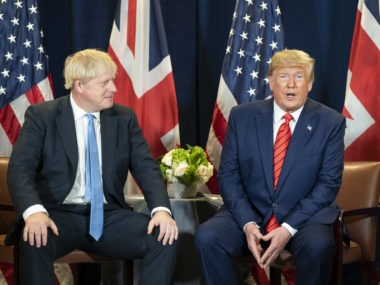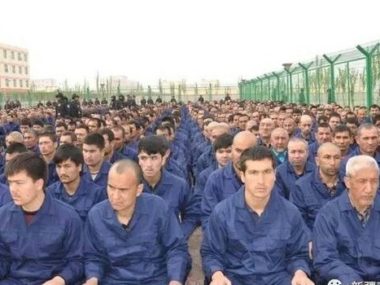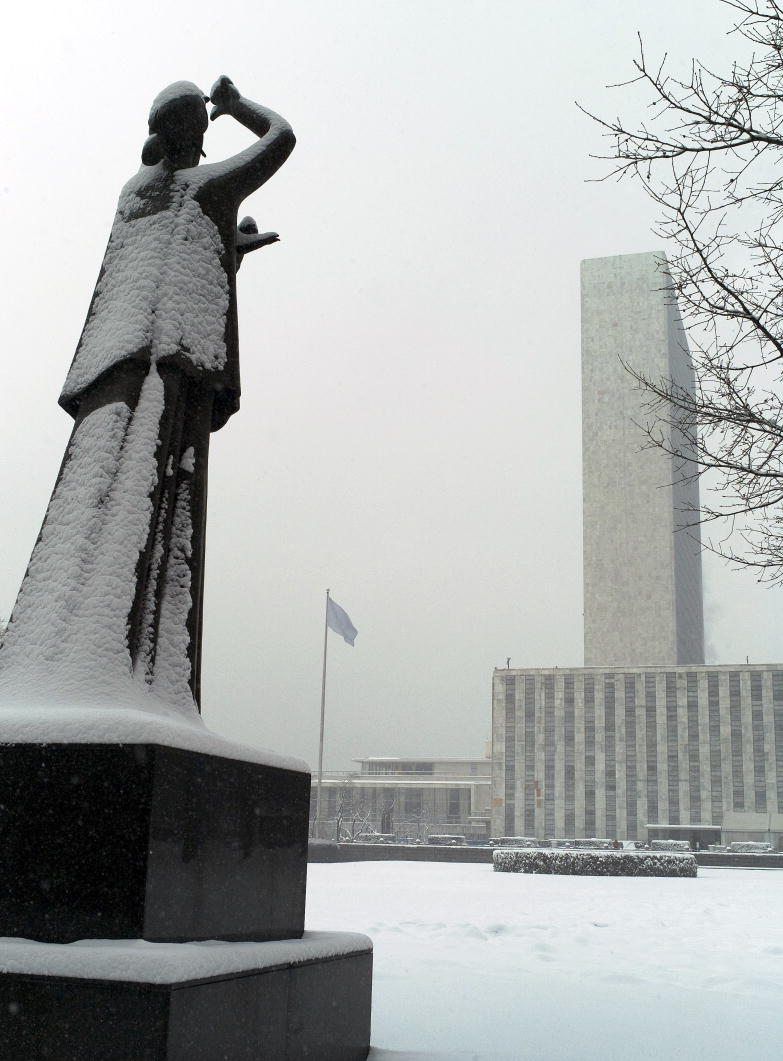Guest post by Han Il Chang and Leonid Peisakhin.
Relations between Shiites and Sunnis are strained across much of the Middle East. This is driven by manipulation of sectarian identities by politicians domestically and, in part, by the regional rivalry between Iran and Saudi Arabia. Tensions between the two sects are running high in Syria, Iraq, Lebanon, and Bahrain. In this environment, it is important to ask what can be done to improve relations across the sectarian divide.
This is the question that we explore in a study recently published (ungated) in the American Journal of Political Science. The study took place in Beirut, Lebanon’s capital, and entailed interactions between 360 Shia and Sunni residents of the city in 60 small mixed-sect groups. We wanted to establish whether cooperation across sectarian lines might increase as a result of exposure to an appeal to cooperate from experts and, separately, as a consequence of debating the benefits of cooperation in mixed-sect groups.
We found that a pro-cooperation appeal by experts does indeed increase cross-sectarian cooperation but only of the unconditional, selfless variety, whereby participants become more willing to transfer financial resources to a person from a different sect and to support candidates from the opposite sect in simulated elections. Conditional cooperation—that is, cooperation that entails calculations about the likelihood of reciprocal action—is unaffected by expert appeals. This is probably because trust is a pre-requisite for expectations of reciprocity, and expert appeals fail to increase cross-sectarian trust, as we demonstrate in the study.
Surprisingly, participation in a mixed-sect discussion about the benefits of cooperation does not increase either conditional or unconditional cooperation. This finding goes against much of the literature on democratic deliberation, which holds that face-to-face discussions should make it easier for opponents to resolve conflicts. Once we delved deeper into our data on cross-sectarian group discussions, we did find that deep discussions—ones where members of small discussion groups made a lot of substantive points about the negative aspects of sectarianism and possible solutions to these—did have the expected effect of substantially increasing cross-sectarian cooperation among participants. The fact was that few discussions were sufficiently deep to move cooperation levels across the entirety of the study population.
Why did we expect that either exhortations from experts or participation in group discussions would increase cooperation across the sectarian divide? Our project is a test of the common ingroup identity theory, a prominent theory in psychology which posits that conflict might abate between members of two smaller groups when an overarching identity that encompasses both groups is successfully activated. The ‘experts’ in our study—prominent Shia and Sunni journalists—appealed to the fact that both Shiites and Sunnis in Lebanon are ultimately nationals of the same country, and that Lebanon can flourish only if national identity is given primacy over sectarian identities. Likewise, in group discussions, participants often lamented the artificial divides that separate the two sects and referred to the period before the civil war when there was hope that a Lebanese national identity might take root and flourish.
The overall conclusion of the study is that at least some forms of sectarianism—those that are not built around distrust, but perhaps habit or casual prejudice—can be overcome. In this, top-down interventions—such as pro-cooperation appeals by authority figures—might be more effective than bottom-up ones like discussions across sectarian lines. Unfortunately, our study also shows that even expert appeals are ineffective at combatting sectarianism when participants receive financial rewards for voting for members of their own sect. Thus, the problems of vote buying and clientelism must be addressed before efforts are made to build cooperation across sectarian lines in societies in conflict.
In principle, the findings of this study should generalize to other countries plagued by conflict between Shiites and Sunnis—notably Syria, Iraq, Lebanon, and Bahrain—and also, more broadly, to any context where groups are locked in historically rooted conflict. In practice, in Lebanon, Shiites and Sunnis are numerically balanced. Future research should explore whether expert appeals and discussions operate similarly in engendering inter-group cooperation in settings where one group is more dominant than the other numerically (e.g. Sunnis in Pakistan or Afghanistan) or politically (e.g. Sunnis in Bahrain).
Han Il Chang is a research associate at New York University–Abu Dhabi. Leonid Peisakhin is assistant professor of political science at New York University–Abu Dhabi.






